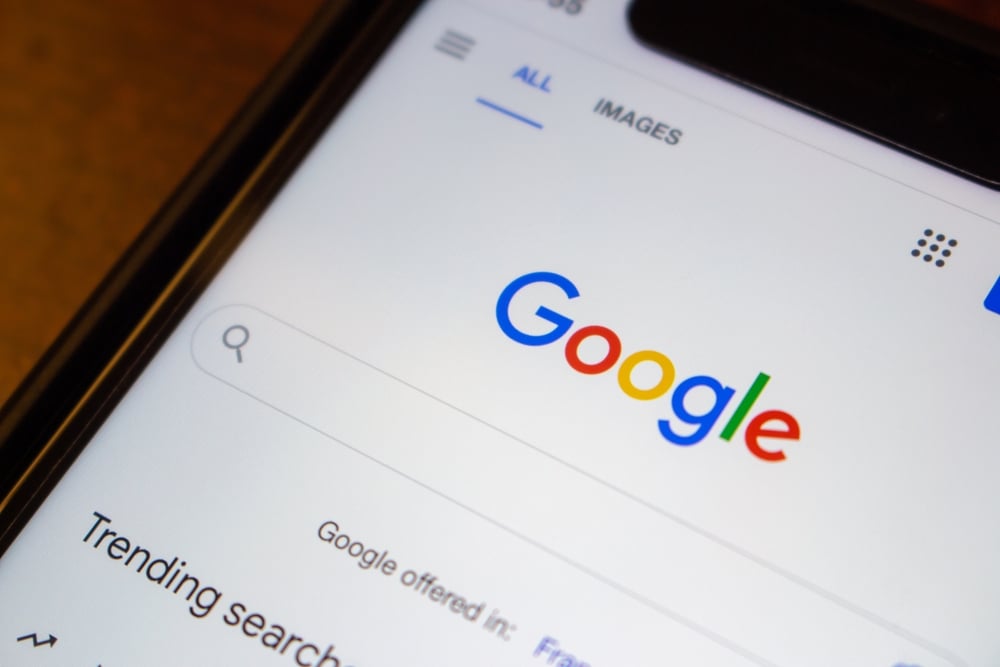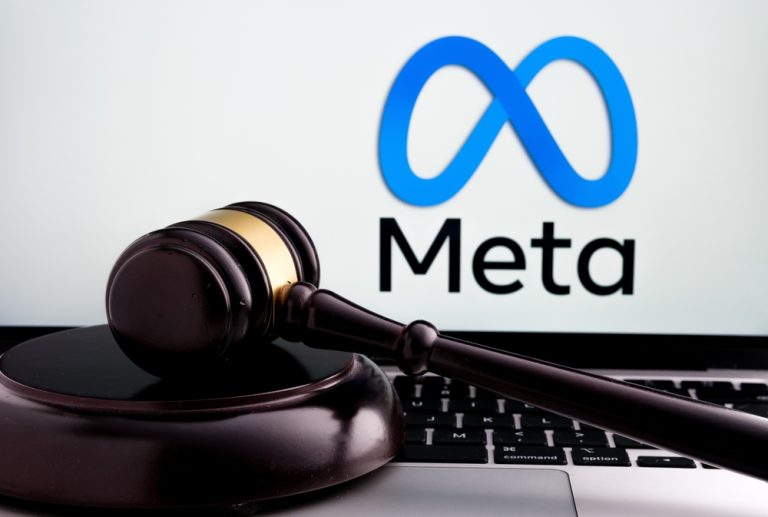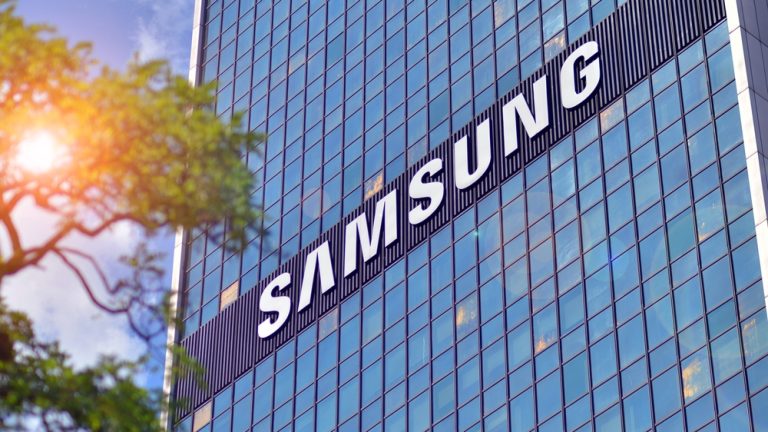The legal battle between Google and a group of privacy lawyers is entering a crucial phase as both sides clash over a $217 million fee request from the plaintiffs’ attorneys. After four years of litigation over Google’s alleged secret tracking of millions of internet users, a federal judge in California must now decide how much the tech giant should pay in legal fees. The settlement itself, which does not include compensation for consumers, centers on Google’s promise to delete billions of records and update its privacy policies for users browsing in “incognito” or “private” mode.
The $217 Million Fee Dispute: Google Pushes Back
Plaintiffs’ lawyers from Boies Schiller Flexner, Morgan & Morgan, and Susman Godfrey seek $217 million in fees as part of the settlement. The firms argue that their work in the case brought significant privacy reforms valued at $3 billion to $6 billion to consumers. They have collectively invested over 78,000 hours in the case, amounting to $62.4 million in lawyer time.
However, Google contends that the fee request is excessive. The company has asked U.S. District Judge Yvonne Gonzalez Rogers to limit the fees to $40 million, pointing out that the settlement does not offer direct monetary compensation to consumers. A Google spokesperson stated that the plaintiffs’ lawyers are seeking a “windfall” in a case they settled for no financial benefit to the public. According to Google, the legal fee bid is merely “another attempt to generate news and line their own pockets.”
A Settlement Without Consumer Compensation
The settlement agreement requires Google to significantly change its privacy practices, particularly concerning its “incognito” or “private” browsing settings. However, the case was not certified as a class action, meaning consumers will not receive direct compensation. As a result, Google’s legal team argues that the plaintiffs’ lawyers are overreaching by requesting such a large fee award.
Despite the absence of consumer payouts, the lawyers maintain that the privacy reforms Google agreed to implement will benefit millions of internet users and, therefore, justify their request for a higher fee. Bill Carmody of Susman Godfrey and Matthew Schwartz of Boies Schiller Flexner, key players in the litigation, declined to comment on the ongoing dispute.
Judge Rogers Weighs In
Judge Yvonne Gonzalez Rogers, who is overseeing the case, has not yet ruled on the fee dispute, though she offered insight into her views during a recent hearing. Rogers noted that while the plaintiffs achieved significant reforms, they were not “entirely successful” due to their failure to secure damages for consumers. She expressed concerns about the billing rates, remarking that fees of $667 per hour for document review seemed “excessive.”
Boies Schiller chairman David Boies defended the plaintiffs’ billing practices, highlighting the complexity and difficulty of the case. He argued that the plaintiffs’ lawyers worked just as hard as the defense attorneys, noting that Google’s own legal team often logged 12-hour days. Boies Schiller’s portion of the requested legal fees amounts to roughly $73 million.
Other Recent Legal Fee Awards
The ongoing dispute between Google and the privacy lawyers is just one of several high-profile legal fee battles currently playing out in federal courts. In a separate case also overseen by Judge Rogers, plaintiffs’ lawyers involved in a $490 million settlement with Apple were awarded reduced legal fees. Initially, the firms sought $122.5 million, but Rogers reduced the award to $107.8 million, citing concerns over the attorneys’ use of high multipliers to inflate their fees.
In another notable decision, a federal judge in New York awarded $102 million in legal fees to Quinn Emanuel and Cohen Milstein for their work on a $580 million settlement in a case involving major banks conspiring to curb competition in the stock lending market. And in yet another case, Office Depot was awarded $927,000 in legal fees after a judge found its original request for over $2 million to be unreasonable.
What’s Next for Google and the Privacy Lawyers?
As the legal fee dispute heads toward resolution, both sides await Judge Rogers’ final ruling on the matter. Legal experts note that fee awards in cases without consumer damages often involve a degree of “guesswork,” as courts must assess the broader benefits of the litigation. University of Michigan law professor Adam Pritchard explained that “courts have to come up with some assessment of the benefit created for the class,” but without monetary damages, these decisions are often subjective.
Undeterred by Google’s pushback, the plaintiffs’ legal teams argue that their achievements in securing privacy reforms merit a substantial fee award. The judge’s decision will likely set an important precedent for future cases involving settlements without direct consumer compensation.
The clash between Google and the privacy lawyers over $217 million in legal fees reflects broader tensions in legal settlements that don’t involve direct consumer payouts. While the plaintiffs’ attorneys argue that their work has provided billions in value to users through privacy reforms, Google maintains that the fee request is excessive. As Judge Rogers prepares to make her ruling, this case underscores the complexities of determining legal fees in class actions and privacy cases where damages aren’t easily quantifiable.






















